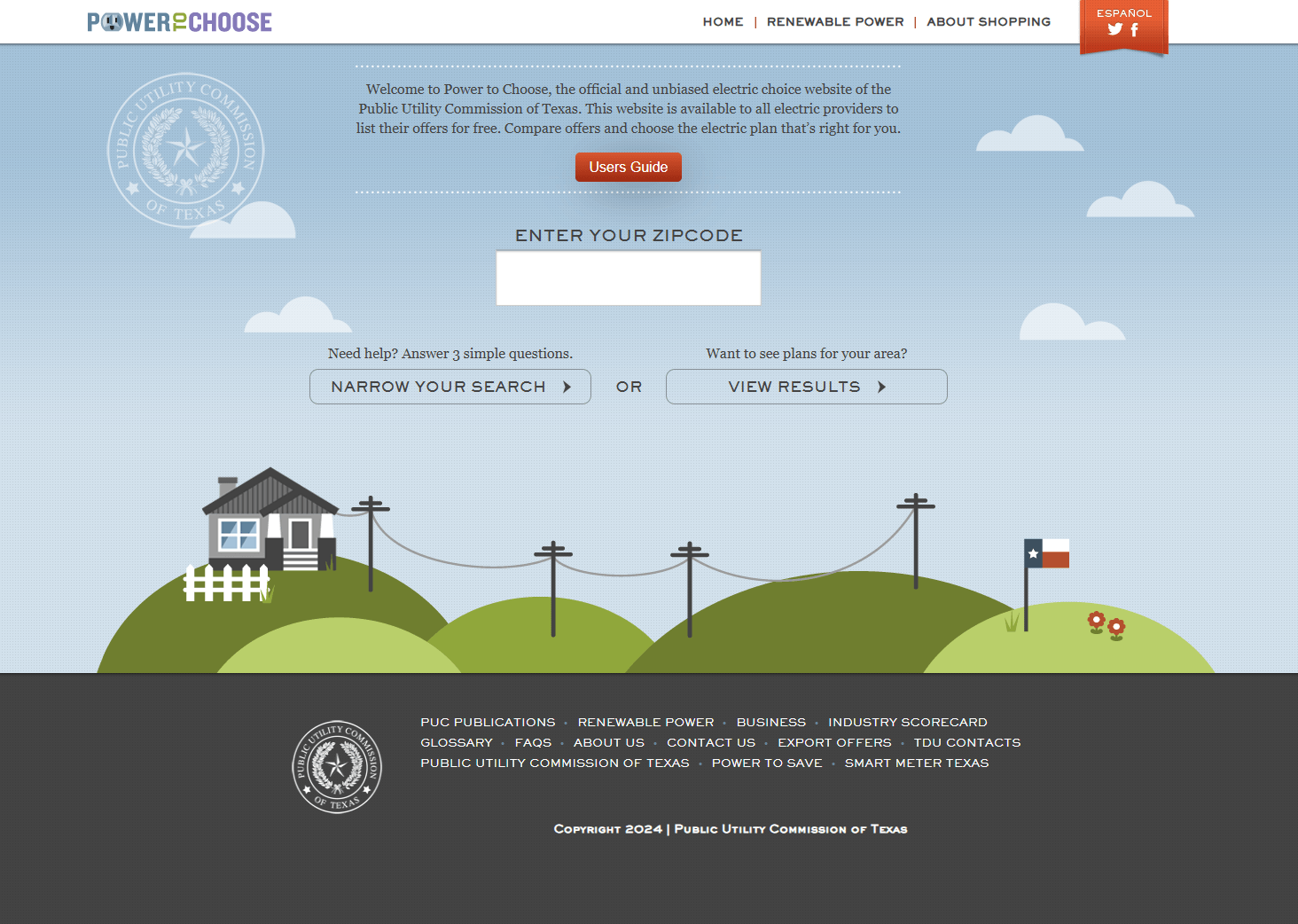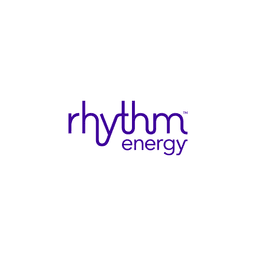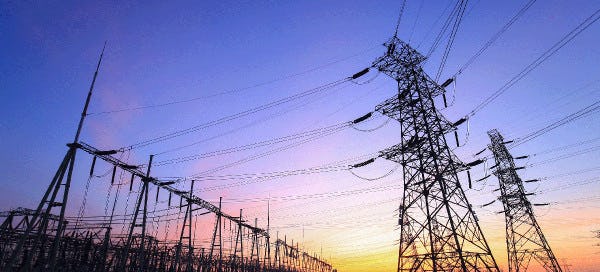In Texas, you don’t have to settle for whatever energy company shows up at your door. Thanks to a deregulated electricity market, you get the power to choose your electricity provider. And the state has a website to help you do just that. But like anything on the internet, what looks helpful at first can quickly turn into information overload. Let’s fix that.
This guide breaks down how to use Texas' official Power to Choose website, what to watch out for, and how to find a plan that actually fits your lifestyle (without buried fees or headaches).
What is Power to Choose?
Power to Choose (powertochoose.org) is the official electricity comparison site from the Public Utility Commission of Texas (PUCT). It’s meant to be a neutral space where you can shop for electricity plans in deregulated areas of Texas.
In theory, it’s like Expedia for electricity: You type in your ZIP code, apply some filters, and compare providers. In reality? The tool can be incredibly useful, but also overwhelming if you don’t know what to look for.

How the Texas Energy Market Works
Before diving in, it helps to know who’s who in Texas electricity:
Retail Electric Providers (REPs): Companies like Rhythm Energy that sell electricity plans directly to you.
Transmission & Distribution Utilities (TDUs): Companies like Oncor, CenterPoint, and AEP maintain the poles and wires that deliver electricity to your home. You don’t get to choose them. Instead, they're assigned based on your location.
PUCT & Power to Choose: The state’s regulatory body and its consumer website.
So, while TDUs handle delivery, REPs compete to earn your business, and Power to Choose is the official site where you can weigh your REP options.
How to Use Power to Choose Wisely
Power to Choose has the right intention. But the devil’s in the details. Here’s how to make it work for you:
DO: Use filters right away
The site defaults to showing the lowest advertised price, but that’s often based on unrealistic usage levels or gimmicks. Use filters like:
Fixed rate (to avoid price fluctuations)
No minimum usage fees
100% renewable energy (if that’s important to you)
Reputable providers with good complaint scores
DON’T: Choose based on the lowest advertised price
The lowest price per kWh is often based on very specific (and usually unrealistic) energy usage. If you use more or less than that amount, your real rate could be much higher.
DO: Read the EFL (Electricity Facts Label)
Think of it like a food label for your energy plan. It breaks down:
Pricing at 500, 1,000, and 2,000 kWh/month
Base charges or usage fees
Renewable content
Contract length and early termination fees
It’s not the most exciting reading, but it’s the best way to know what you’re actually signing up for.
DON’T: Skip past complaint history
Power to Choose includes a star rating based on complaint ratios filed with the PUCT. Look for a low complaint score and beware of providers with low ratings or limited history.
Common Pitfalls to Avoid
Plenty of Texans have made these mistakes so you don’t have to:
Falling for free nights and weekends: These plans may sound appealing, but they often have inflated daytime rates that wipe out the savings.
Choosing a variable-rate plan by accident: Unless you’re a risk-taker who enjoys rate spikes, stick to fixed-rate plans.
Overlooking contract length: Some plans advertise short-term savings but lock you in for 24–36 months with steep cancellation fees.
Better Than Power to Choose? Try Rhythm’s Website Instead
Power to Choose is a solid starting point, but if you want a clearer, simpler shopping experience, head straight to gotrhythm.com.
Here, you’ll:
See personalized pricing based on your ZIP code
Compare fixed-rate, solar, and time-of-use plans
View full EFL details up front
Choose from 100% renewable options across the board
And if you’re into serious savings, Rhythm’s PowerShift plan rewards you for using energy when it’s cheapest and greenest—no lifestyle overhaul required.
FAQs About Power to Choose
Is Power to Choose legit?
Yes, it’s the official state-run site. But just because a provider is listed doesn’t mean it’s trustworthy. Always check the fine print and complaint scores.
Is Power to Choose the best way to shop?
It’s one way, but not always the easiest. Rhythm’s website offers the same transparency, but with a smoother experience and fewer potential gotchas and gimmicks.
What’s a good electricity rate in Texas?
As of mid-2025, a competitive fixed rate usually ranges from 12–16¢ per kWh, depending on your area and usage. Always confirm by checking the EFL.
Can I use Power to Choose if I’m moving to Texas?
Yes, as long as you’re moving to a deregulated area. It’s a great starting point, but you may find a better experience directly with providers like Rhythm.
What happens if I choose the wrong plan?
With Rhythm, you’re covered by a 30-Day Test Drive. If it’s not right for you, you can cancel penalty-free.
Quick Takeaways
Power to Choose is Texas’ official energy shopping site, but requires careful navigation.
Use filters, avoid gimmicks, and always read the EFL before choosing.
Rhythm Energy offers 100% renewable, transparent, and customer-friendly plans with no hidden fees.
Learn even more about Power to Choose in Texas and get all your questions answered.




